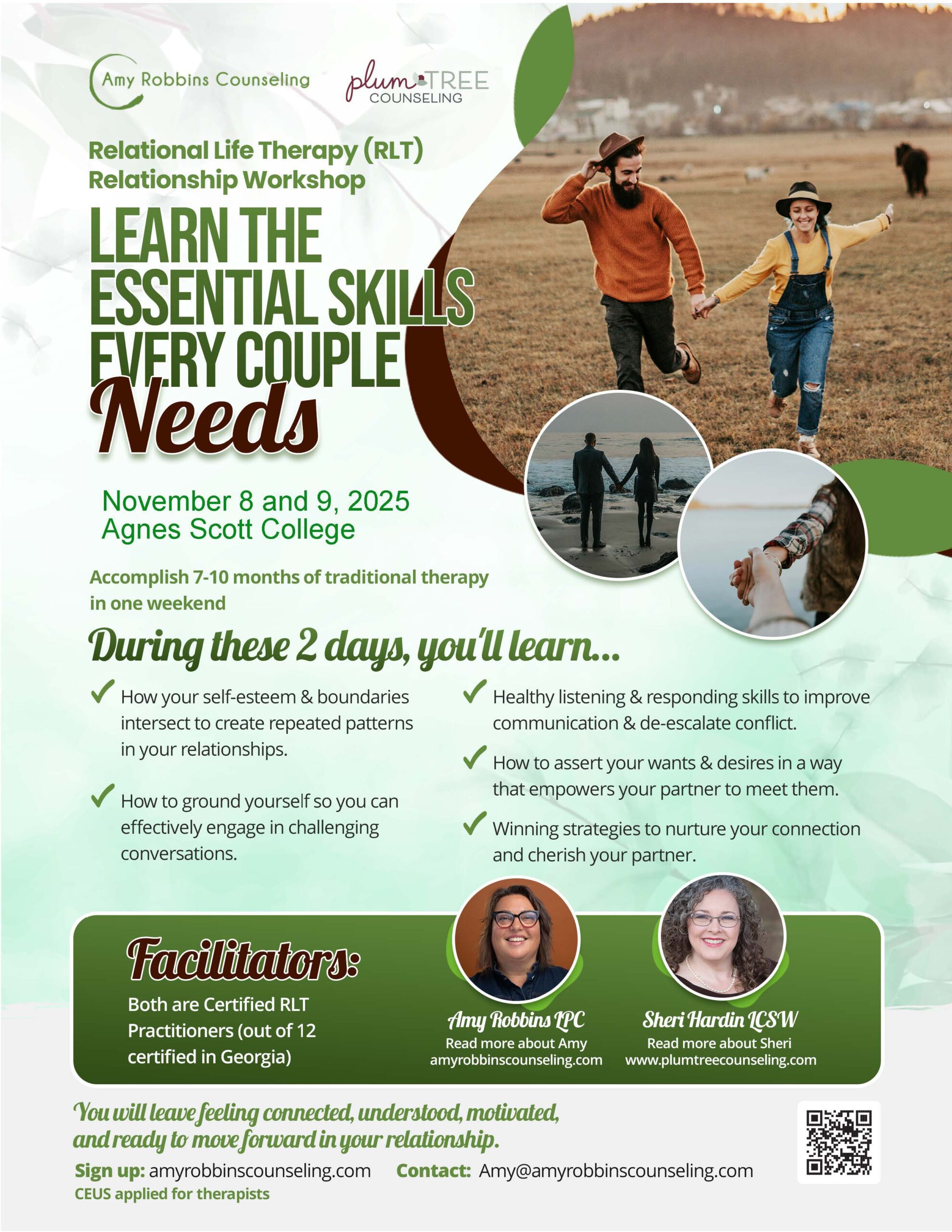As the world cautiously emerges from the grips of the pandemic, many individuals find themselves grappling with a new set of emotions and challenges. While some eagerly embrace the return to pre-pandemic activities, others face a resurgence of social anxiety, agoraphobia, and claustrophobia, triggered by the abrupt shift in lifestyle and heightened awareness of health risks.
Social anxiety, characterized by fear of judgment, embarrassment, or rejection in social situations, can become exacerbated in the wake of prolonged isolation. Similarly, agoraphobia, the fear of situations where escape may be difficult or help unavailable, may intensify as individuals confront the prospect of re-entering crowded spaces after months of seclusion. Claustrophobia, the fear of enclosed spaces, can also resurface as individuals navigate confined environments such as public transportation or crowded venues.
The post-pandemic landscape presents a unique blend of excitement and trepidation. While reconnecting with loved ones and engaging in communal activities may bring joy, the prospect of navigating crowded streets, bustling cafes, or packed public transportation can evoke overwhelming feelings of dread. Additionally, the confined spaces and restricted movement inherent in certain social settings may trigger claustrophobic reactions, further complicating the journey toward healing.
Recognizing the signs of post-pandemic social anxiety, agoraphobia, and claustrophobia is the first step toward recovery. Physical symptoms such as rapid heartbeat, sweating, trembling, nausea, or shortness of breath may manifest in anticipation of social encounters, leaving the safety of one’s home, or entering enclosed spaces. Psychological manifestations, including persistent worry, self-doubt, or avoidant behaviors, may also arise, hindering individuals’ ability to engage fully in daily activities.
Incorporating self-care practices into daily routines can provide much-needed solace and support for individuals grappling with post-pandemic anxiety disorders. Mindfulness techniques, such as deep breathing exercises or meditation, can help individuals ground themselves in the present moment and alleviate anxiety. Engaging in regular physical activity not only promotes overall well-being but also serves as a natural antidote to stress and tension.
Seeking professional guidance is essential for individuals struggling with post-pandemic anxiety disorders. Group therapy sessions offer a safe and supportive environment for individuals to share their experiences, gain insights, and learn coping strategies from peers facing similar challenges. Therapists trained in cognitive-behavioral therapy (CBT) techniques can assist clients in identifying negative thought patterns and developing practical skills to manage anxiety symptoms effectively.
Building a gradual exposure hierarchy can empower individuals to confront their fears in a controlled manner, starting with less intimidating situations and progressively working toward more challenging scenarios. This systematic approach, coupled with the encouragement and guidance of a therapist, enables individuals to reclaim their autonomy and rediscover the joys of social interaction and exploration, even in enclosed spaces.
Community support plays a pivotal role in the recovery journey. Friends, family members, and support groups can offer empathy, encouragement, and companionship, fostering a sense of belonging and acceptance. By nurturing meaningful connections and cultivating a supportive network, individuals can cultivate resilience and fortitude in the face of these newfound feelings.
It is crucial to acknowledge that healing is not a linear process and may involve setbacks along the way. Patience, self-compassion, and perseverance are invaluable allies on the path to recovery. Celebrating small victories and milestones, no matter how seemingly insignificant, reaffirms one’s progress and resilience.
Navigating post-pandemic social anxiety, agoraphobia, and claustrophobia requires courage, resilience, and support. By embracing self-care practices, seeking professional guidance, and fostering meaningful connections, individuals can embark on a journey of healing and transformation. Together, we can overcome the challenges of the post-pandemic era and emerge stronger, more resilient, and more connected than ever before.
Meet Weezie, weezie@amyrobbinscounseling.com


